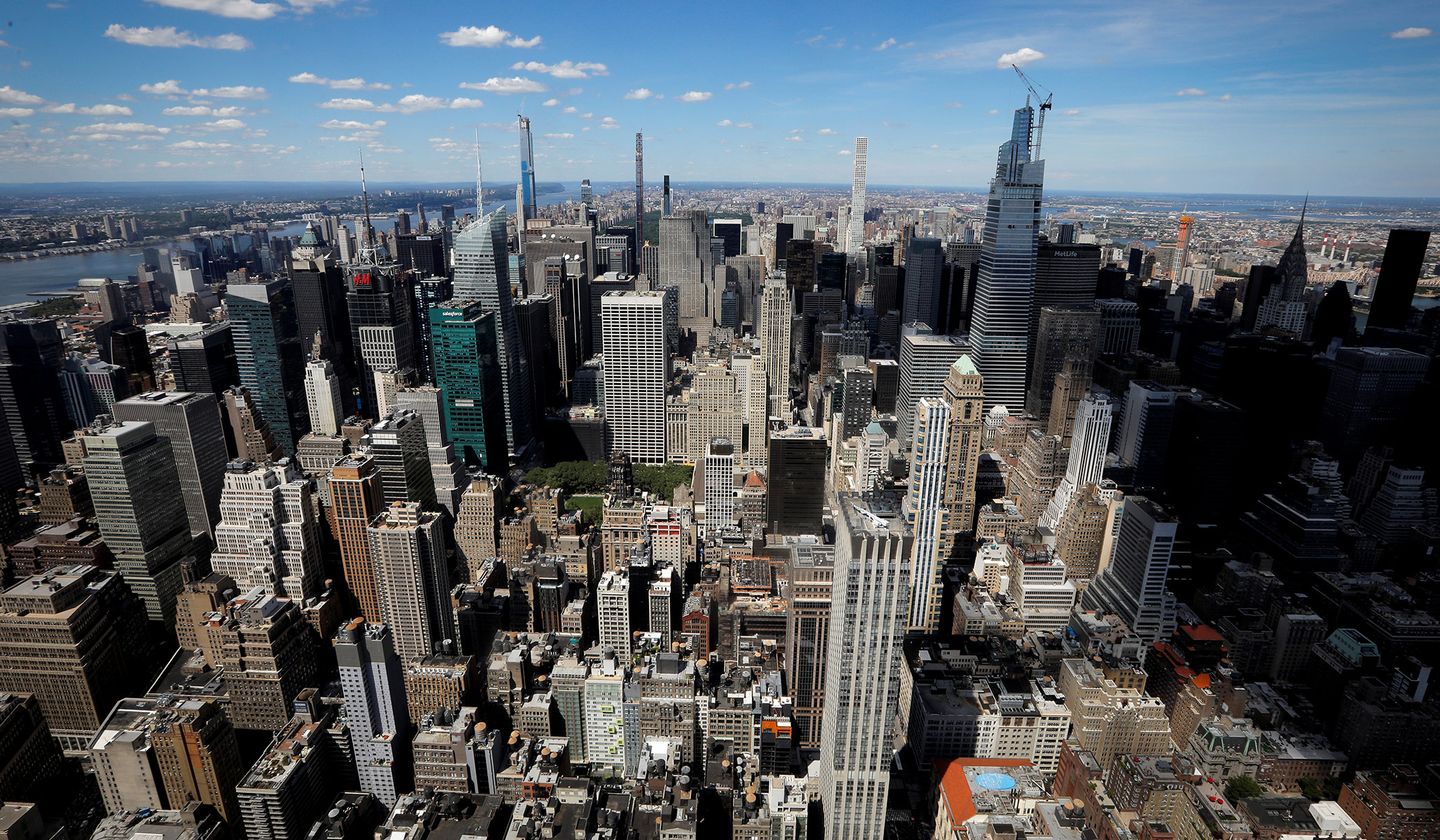


Justin Gest wrote an op-ed for the Wall Street Journal earlier this week that praises immigration for holding down low-skill wages. Specifically, he argues that immigration can help combat wage inflation in cities that received high levels of domestic in-migration during the pandemic.
He says that without foreign labor also flowing into those cities, wages for workers in food production, leisure and hospitality, manufacturing, and especially construction are “acutely vulnerable to labor shortages and wage inflation.”
Gest’s piece is part of a larger effort by immigration advocates to pitch foreign labor as a cure for economy-wide inflation. On that level, the argument is a bit fanciful. Low-skill wages constitute such a modest share of GDP that even major pay cuts would have only a small effect on prices nationwide.
What’s more interesting to me is how Gest and other immigration advocates so casually endorse limiting the pay of some of the poorest American workers. Didn’t we all once agree that would be a bad thing?
Immigration restrictionists cite economic theory and a voluminous empirical literature showing that importing low-skill labor tends to depress the wages of low-skill Americans. Prior to post-pandemic inflation, immigration advocates disputed the evidence — remember all those debates over the Mariel boatlift? — and insisted that immigrants do not lower wages. So dedicated was the pro-immigration side to the no-effect-on-wages claim that ABC News felt compelled to “fact-check” then-candidate Mike Pence when he suggested otherwise in the vice presidential debate.
How times have changed! I’m reminded of what Rod Dreher and others have observed: the Law of Salutary Contradiction. In response to concerns about some perceived event or trend, the defensive side first insists, “That’s not happening.” Then, a short time later, the same side says, “It’s good that it’s happening.”
Although both sides apparently now agree that immigration depresses wages, I remain on the side that says it’s not good that it’s happening. In fact, the Gest op-ed’s specific topic — the relationship between foreign inflows and internal migration — illustrates how insidious the wage depression can be.
We want Americans who live in economically depressed areas to consider relocating to boomtowns. The market incentive for this movement is normally that the wage is higher in the boomtowns, and it remains higher until enough domestic migration has occurred to restore a national equilibrium.
However, as several recent academic papers have found, immigration can short-circuit that process. By coming directly to the boomtowns from abroad, immigrants reduce the wage premium and thus the incentive for natives to relocate. Let’s not facilitate this crowd-out effect in the name of fighting inflation.
